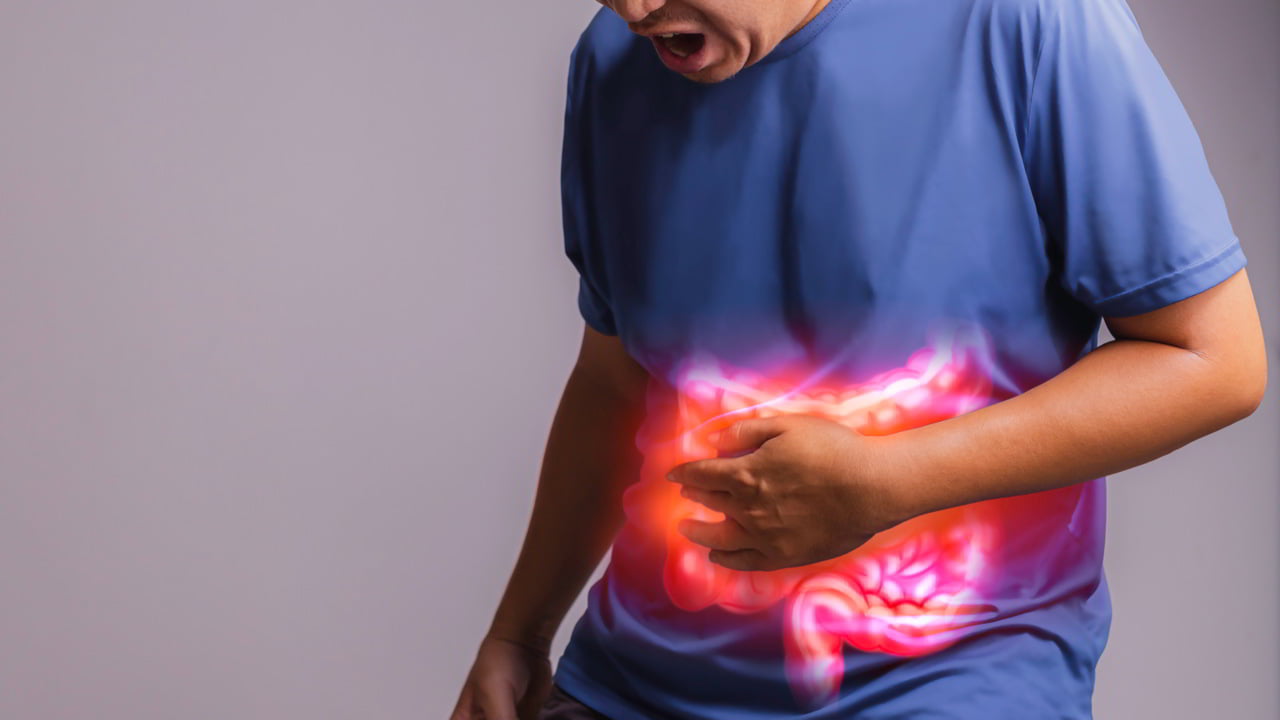Everything You Need to Know About Hyperacidity
hotové léčivé přípravky obsahující Co je to viagra pro ženy (Lovegra) a jak pomáhá? známé rostliny, jejich části nebo sušené šťávy (předem připravené a zabalené s jejich běžným německým názvem);
léčivé minerální vody nebo jejich kopie;

The stomach secretes Hydrochloric Acid, a digestive juice that breaks down food particles into their smallest form to aid digestion. When there is an excessive amount of hydrochloric acid in the stomach, the condition is known as Hyperacidity.
Causes of Hyperacidity
Let us understand what the causes of hyperacidity are:
Our stomach consists of acid (HCL- Hydrochloric acid), the amount of acid in our stomach is pH 4. This means, there is a lot of acidic environment inside and this is also important for us because whatever germ comes into our stomach through the food that we consume, they die in the acidic environment, so this acidity is important. But in some cases, this acidic nature becomes more than the required level, and that acidity starts to hurt.
Signs and Symptoms of hyperacidity
- Heart & Chest burn
- Throat burn
- Prolonged sour taste in the mouth or bitter-tasting acid that backs up into your throat and mouth
- Chest pain.
- Dry Cough
- Asthma
- Chronic Sinusitis
- Ear pain
How to cure hyperacidity
- Avoid excessive salty, oily, sour and spicy foods Maintain a proper healthy diet.
- It’s also important to exercise at least for half an hour as it will help to digestion as well as the movement of the intestine, preventing the hyperacidity problem. Walking is best.
- People suffering from hyperacidity should avoid heavy lifting.
- People should not do weight training nor should they do an exercise where the abdominal muscles are used like crunches
You must take simple measures like adopting good food habits, indulge in physical activities, lead a disciplined life and consult a doctor to treat acute cases with medicines.
About Author
Patient Feedback
Great doctors, Good facilities, caring and helping staff. I recommend this hospital for day care services.
![]()
![]()
Sangram Shinde
All doctors r very good. There treatments is best. Other staff also good. The service of nurses is great...Hospital is always clean.
![]()
![]()
Vaishali Aitawade
All services provide by hospital are nice and on time. Doctors are polite and co-operative with patient.
![]()
![]()
Ankita Jagtap
All services provided by hospital is good. Hygiene maintained well.Even at night good care provided.
![]()
![]()



